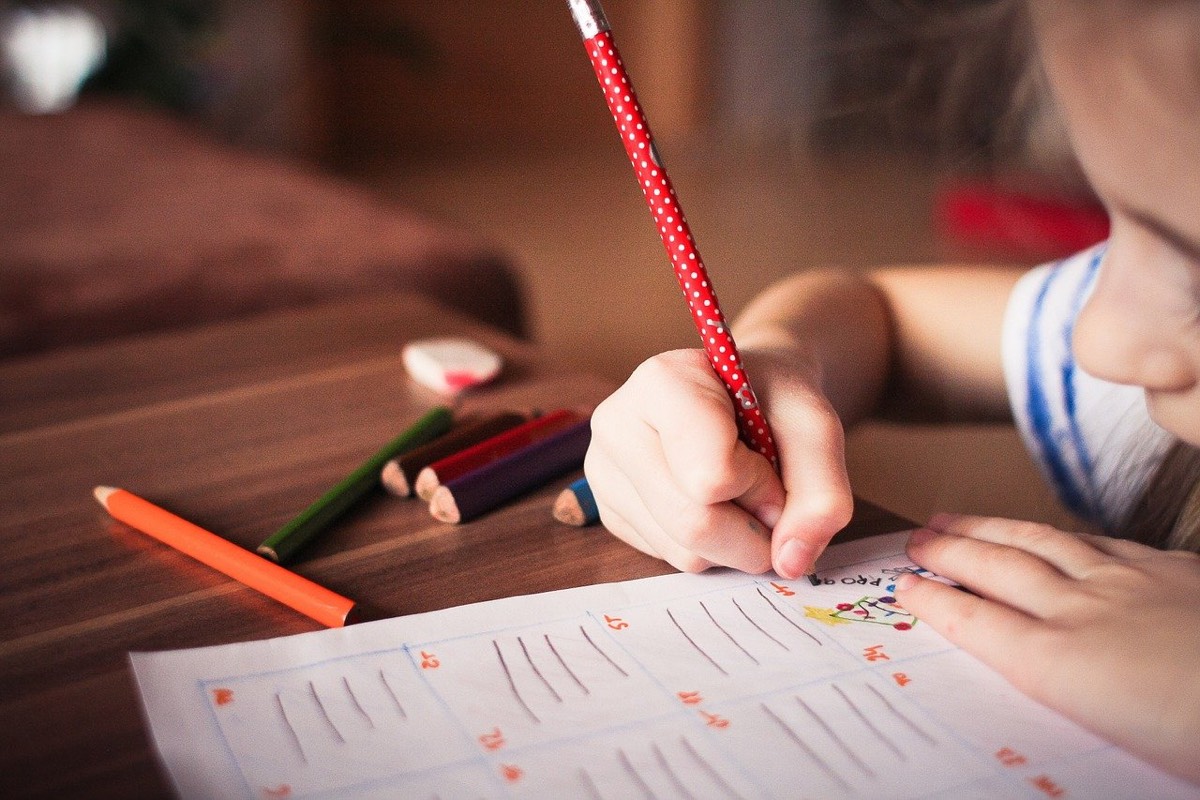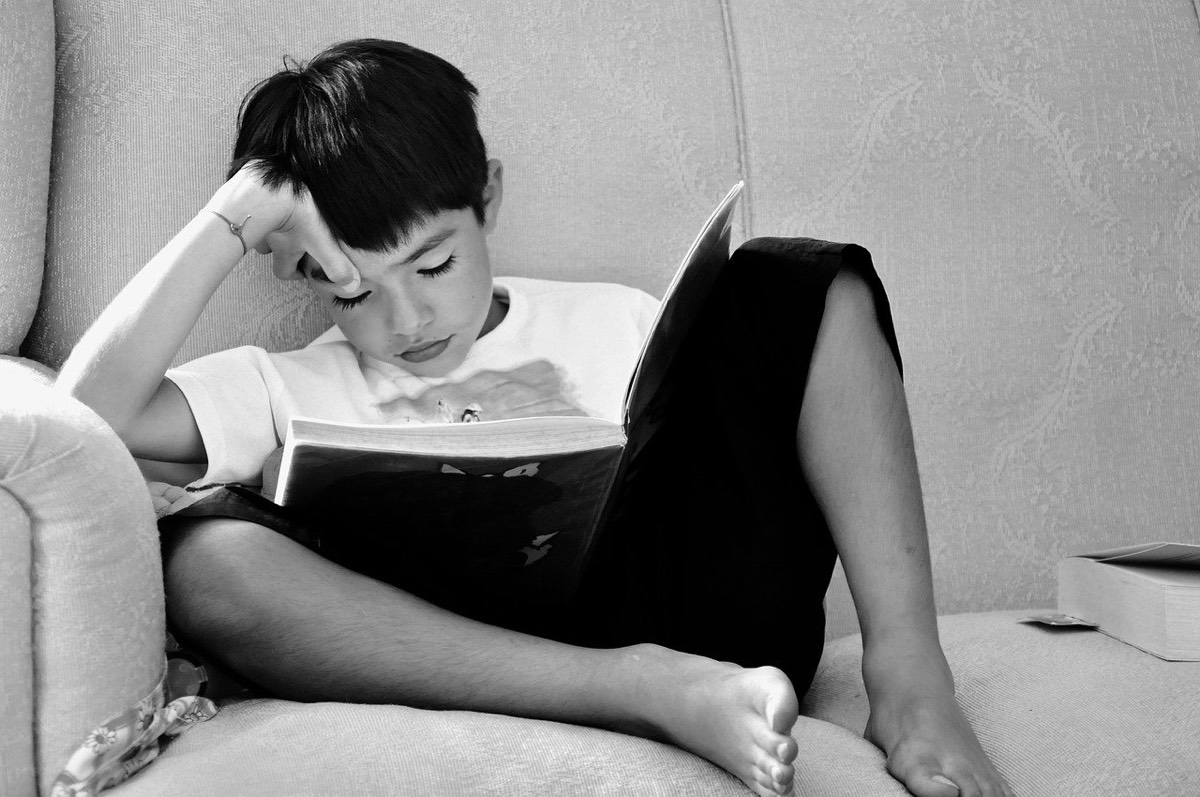
Teaching your children to study alone will bring them great benefits for their future performance. But that your son or your daughter does not know how to study is something natural. The ability to study is acquired as academic life progresses. However, in many cases students pick up bad habits from an early age, something that is best avoided by teaching your child to study alone.
When children see that their study skills are not working, they begin to get frustrated and more often than not, they do not share their feelings with anyone else. It is because of that from home it is important that positive study habits are fostered. These habits should be introduced naturally so that boys and girls enjoy the learning process without pressure.
The importance of teaching your children to study alone
Many parents think that this is a specific task of schools, but it is not. Teachers teach their subjects, having many children in their charge. Therefore, what is learned at school must be reinforced at home. Good study habits should be part of daily life of girls and boys, not just being "school stuff." Teaching your children to study alone can also be a good opportunity to learn about them.
Studying in a group is very beneficial for them for different factors. But it is not always possible and they will have to study alone at home or in libraries. Therefore, teaching your children to study alone is very important for their future academic development. At that moment parents' help and advice is very important to them, not only to improve your results but to gain confidence.
Studies have found that Traditional techniques such as reading, underlining or summarizing are not as effective techniques as thought, especially when it comes to long-term retention. However, spaced study and self-assessment appear to be more efficient techniques. By improving study techniques, students increase their interest in knowing more about the subject and, therefore, their grades improve significantly.
How to teach my children to study alone
Create a routine to teach your children to study alone
It is important to set aside a period of time each day to do homework and study. This routine can be established from an early age, setting up a scheduled reading time, for example, or structured playtime. During this time, children must be accustomed to minimizing distractions by providing them with an appropriate study environment. Thus, the study habit it will be internalized naturally.
However, for some children, alternating study with distractions is much more productive. Therefore, it is not advisable to be completely inflexible in these cases. Taking into account the personality of your children you can know what they need to establish a suitable routine. Impositions or excessive nagging can create the opposite effect, we must try to make the study time a quiet and pleasant time.
After the study time, parents can review the work done by their children, be interested in what they have read, or answer questions if there are any. A constructive attitude on the part of the parents will make the children gain in satisfaction and confidence because they will feel more protected.
Space the study out over several days to teach your child to study alone
This means that, for example, a boy or a girl who studies a theme in three days for an hour each day you will perform better than a student studying the same subject for three hours in one day. Another option would be to study for an hour, rest and after the break, study again.
There is no doubt that by spacing the topics, you will teach your child to study alone in an effective way, preventing them from getting bored with their subjects.
Combination of topics to teach your child to study alone
Not spending all your study time at home on one subject is essential to teaching your child to study alone. Study different topics during a study session, separated by the relevant breaks, help your children to have a more analytical and agile mind. By combining subjects they will be able to relate them and develop a more creative mind to distinguish between problems and solutions.
Put into practice what has been learned
This means that children show themselves or their parents that they have really learned. This would be the results of teaching your child to study alone. This practice can be done by answering game-like questions, or by explaining to themselves what they have been studying or to others. In fact, explaining what they have studied to other people is a technique that makes them understand what they have studied more deeply.

